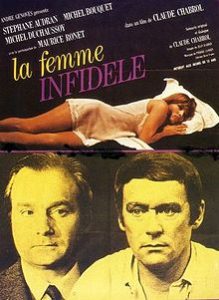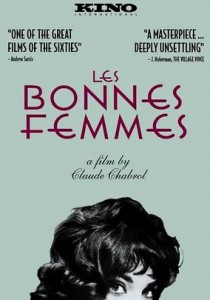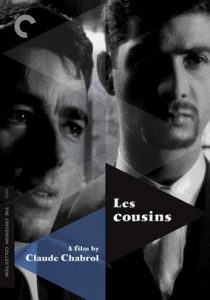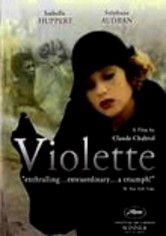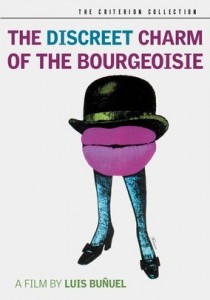(Le Boucher) The Butcher-1970
Director Claude Chabrol
Starring Stephane Audran, Jean Yanne
Top 250 Films #74
Scott’s Review #273
Reviewed September 14, 2015
Grade: A-
(Le Boucher) The Butcher is a French thriller released in 1970 that is slow-moving at first but builds to a dramatic crescendo as the film progresses, transforming from plodding to a cerebral mind-blower.
Mirroring and inspired by director Alfred Hitchcock, The Butcher is surprisingly not quite horror (based on the title, one might assume it is), but rather an intelligent, dreamy thriller.
Gorgeous schoolteacher Helene Daville is competent, confident, and filled with a zest for life. She tutors children who need extra help, laughs with them, and even lets one sip champagne at a wedding to try it. She enjoys living and occasionally embarking on adventures.
One day, at a wedding, she meets the local butcher, Paul Thomas, and they immediately hit it off as they tenderly walk home together. Cordial and kind, they develop a friendship and laugh together.
As time goes on, a series of killings begins to occur in the town.
Helene begins to suspect Paul of the murders and wrestles with her conflict between her budding love for him and her revulsion at the thought of being in love with a vicious murderer. Her conflict is the film’s point.
The relationship between Helene and Paul is an interesting dynamic and, I now realize, the reason for the picture’s slow pace. Helene and Paul enjoy a nurturing, caring courtship, and the film successfully achieves the intended slow build.
The murder mystery is secondary and serves to support the main plot. We know little- almost nothing- about the female victims. They are strangers to the audience, and the reason for their deaths is unknown.
The killer simply kills- no motivation is revealed. This is what makes the film so cerebral and mysterious.
The Butcher is a love story intertwined with a thriller. It is not a mainstream thriller in the conventional sense, and the final twenty or thirty minutes reeled me in completely and gave me great admiration for the film, which I had been hedging about throughout.
The meat of the film might have started an additional 30 minutes earlier, in my opinion, but then again, the slow build may have been intended to make the result more powerful.
The moral conflict, love versus hate, tenderness, affection, caring, devastation, and betrayal are all explored during this relatively brief finale.
Besides, the blurry camera shots and angles from the vantage point of an automobile driver traveling down a dark, tree-lined street are highly creative and unique.
The comparisons to Hitchcock are evident.
Helene is similar to Tippi Hedren’s character, “Melanie Daniels,” in The Birds. She is glamorous, alluring, blonde, tall, well-dressed, and the heroine of the film. Attractive and blonde are traits featured in many Hitchcock films.
Paul, on the other hand, reminds me of Rod Taylor’s Mitch, also from The Birds, though not as handsome or charismatic. Still, their relationship reminds me of the two of them as the chemistry oozes from the screen and a romance and thriller are combined.
The audience perceives Helene as a wholesome, wonderful person, but is she truly?
In the end, we are left questioning her true feelings and are left with a distaste in our mouths. Her choices confuse us, or is she simply a complex human being like each of us is?
The interesting aspect of The Butcher (1970) is that it leaves one questioning how we would handle Helene’s dilemma, and more importantly, how we would channel our feelings if faced with a similar predicament.

